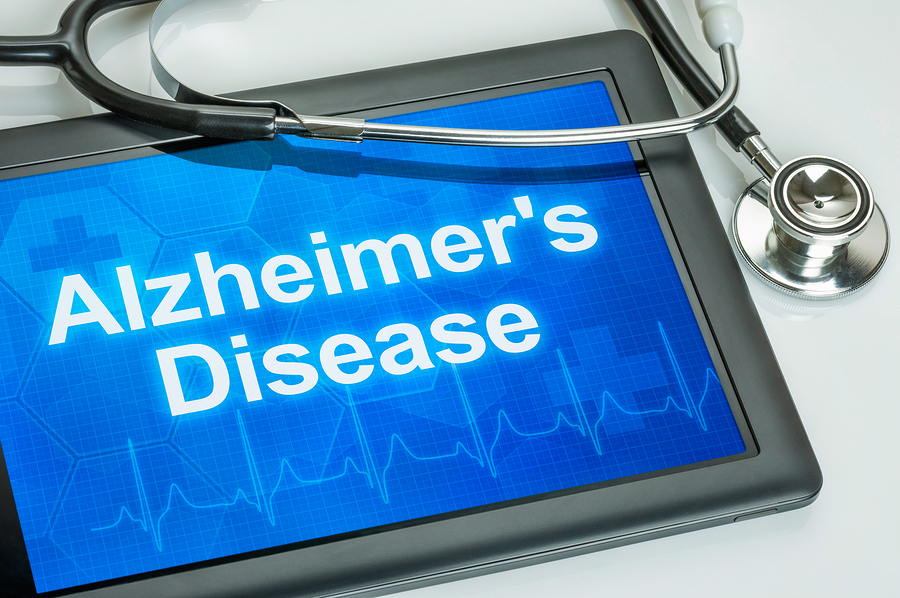What Are the Early Warning Signs of Alzheimer’s Disease?
Category:

Alzheimer’s disease is a progressive neurological disease that has no known cure at this time. Recognizing the earliest warning signs of Alzheimer’s disease helps aging adults to get earlier treatment, which can give them better overall health outcomes. Alzheimer’s care services can be a huge part of caring for aging adults after an Alzheimer’s diagnosis.
What Is Alzheimer’s Disease?
Alzheimer’s disease is a type of dementia. It involves a gradual loss of cognitive functions like memory, thinking, and even personality and behaviors. Researchers have found that a buildup of abnormal proteins in the brain contributes to this cognitive decline. Early detection of Alzheimer’s disease means that seniors have access to treatment earlier. They may not be able to reverse Alzheimer’s disease, but early detection can allow seniors to make decisions about their care and future.
Memory Loss
One of the earliest signs of Alzheimer’s disease involves short-term memory issues. Seniors may have more trouble recalling recent events, conversations, and more. They may ask the same questions repeatedly or they might forget important dates and events. Seniors could also have trouble retaining and recalling new information or instructions.
Confusion Around Time and Place
Disorientation, especially around place and time, is another early sign of Alzheimer’s disease. Seniors might not know what day it is or what time of day it is. They can become lost in familiar places or not know where they are. This can make it difficult for them to navigate, especially in a car. Having help from home care providers with driving makes it safer for seniors to get around.
Trouble with Communication
In the later stages of Alzheimer’s disease, seniors may not be able to communicate at all. But in the earlier stages, they might lose words or have trouble with vague language. Conversations may become difficult for them to follow, leading to misunderstandings.
Executive Function Challenges
Executive function involves activities related to planning, organizing, and completing tasks. If seniors are experiencing changes in these types of skills, they could be in the early stages of Alzheimer’s disease. Changes in judgment and decision-making abilities can also be related to Alzheimer’s disease.
Changes in Mood and Personality
One surprising symptom of early Alzheimer’s disease can be that seniors are more irritable. They could also be more anxious or depressed. As they experience more difficulty with cognitive function, they may withdraw from social activities. That isolation and loneliness can contribute to additional mood issues and behavioral changes.
Trouble with Visual and Spatial Perception
People with Alzheimer’s disease can also experience changes in their vision and how they experience the space around them. They may start to have trouble with depth perception, for instance, or have more trouble understanding spatial arrangements. Seniors with Alzheimer’s disease can also start to have trouble recognizing faces and objects.
Alzheimer’s disease can be scary for everyone involved. Getting help as quickly as possible can reduce those feelings and ensures that seniors get the care they need. Alzheimer’s care providers have a lot of experience helping patients deal with the challenges of this illness, so it’s worth it to seek their help sooner instead of later.
If you or an aging loved one are considering Alzheimer’s care in Bronxville, NY, please contact the caring staff at Griswold Home Care for Scarsdale & Yonkers today. (914) 337-5028.
Subscribe
Date: August 9, 2024
Category:
